New Jersey Criminal Lawyers
Experienced Criminal Defense Lawyers of NJ Fight For Your Rights
When facing criminal charges, you need an experienced NJ criminal attorney who is familiar with the charges, the court system, the prosecutors and the process. Our skilled team at Aiello, Harris, Abate Law Group PChas a successful record of defending clients who have been charged with various crimes. We provide hard-hitting, aggressive representation that works to see you are treated fairly and can help to get the best result.
We provide vigorous criminal defense for those who are charged with misdemeanor and felony offenses, such as assault, homicide, sexual assault, burglary, theft, robbery, possession of drugs (CDS), endangering the welfare of a minor, white collar crimes, kidnapping, weapons, arson, eluding, shoplifting, violations of probation or parole, harassment, criminal mischief, Megan’s Law offenses, official misconduct and juvenile. We provide fierce representation throughout the entire court system. Representation during forfeiture proceedings is also offered.
Former NJ Prosecutors
If you have been charged with committing a crime, you should have a criminal defense lawyer who are familiar with the process, the prosecutors, and the courts. You should also have a criminal attorney that has the trial experience necessary to defend your rights in the courtroom and to make sure that justice prevails.
The Experience You Need Regardless of the Crime
Our experienced attorneys at Aiello, Harris, Abate Law Group PC can help you from the time the initial charges are filed until after the verdict is given. Every step of the way, you will get aggressive and effective representation. Our team has a combined 300 years of courtroom experience that we put to work for you.
How We Can Help You In Your Criminal Defense
- We are there for you. Contact our office 24 hours a day, seven days a week.
- Our New Jersey criminal defense law firm can help you by utilizing the knowledge and expertise of our former prosecutors to devise a strategy for trial, to file a motion to suppress, or to negotiate a favorable plea-bargain.
- Since we have many attorneys, there are numerous times that the crime affects different areas of law. Here, we can handle all the different crimes and have the expertise because the attorneys have subspecialties to deal with them. A solo practitioner or a smaller firm doesn’t have that ability.
- It is imperative that you contact us right away because many times we can stop you from speaking to the police where you may say something to incriminate yourself where the police did not have enough evidence to charge you without that conversation.
- The police do not always play fair. They can tell the potential defendant that they have witnesses and videos when they really may not. Therefore all contact with the police should be done through our office.
Defending Your Rights And Providing Real Help, Real Results
Our New Jersey criminal defense lawyers represent people who have been arrested or charged with all types of felony and misdemeanor offenses. These charges include homicide, assault, sexual assault, robbery, possession of drugs (CDS), burglary, theft, juvenile, endangering the welfare of a minor, white collar crimes, arson, kidnapping, weapons, eluding, shoplifting, violations of probation/parole, Megan’s Law offenses, harassment, criminal mischief, and official misconduct. We also represent defendants involved in forfeiture proceedings.
But regardless of the crime you are charged with, know that our attorneys are ready to vigorously defend you and to provide you with fierce representation all the way from the arraignment to the conclusion of your trial if necessary.
The experienced attorneys at Aiello, Harris, Abate Law Group PC can defend you if you are charged with the following:
- Arson
- Drug Crimes
- DUI Defense In NJ
- Expungements
- Felony Charges
- Fraud
- Misdemeanors
- Municipal Court
- Juvenile Crimes
- Traffic Offenses
- Shoplifting
- Obstruction of Justice
- Perjury
- Probation Violations
- Sex Crimes
- Theft
- Violent Crimes
- Weapon Offenses
In New Jersey, you can be charged with one of three types of crimes/offenses:
Indictable Offenses
An indictable offense is the most serious of all offenses in New Jersey. They are considered serious crimes and people often refer to these offenses as felonies, even though the state of New Jersey has abolished that term. An indictable offense can range in degree from 1st degree (the most serious), to 4th degree. Indictable crimes include:
- Drug Crimes
- Possession of drugs (cocaine, heroin, LSD, etc.)
- DUI and Drunk Driving Charges
- Drug distribution
- Theft
- Aggravated assault
- Murder
If you have been charged with an indictable offense, you could be facing a substantial prison sentence in addition to heavy fines and a permanent criminal record. As with violations of city ordinances and disorderly/petty disorderly person offenses, your criminal record can only be removed after applying for an expungement.
Disorderly Person Offenses and Petty Disorderly Person Offenses
A Disorderly Person or Petty Disorderly Person offense is the most minor offense that one can be found guilty of under the New Jersey State Criminal Code. These types of offenses often include possession of marijuana under 50 grams, disorderly conduct, simple assault, harassment, shoplifting, and other petty crimes. If one is found guilty of a violating a disorderly person or petty disorderly person offense they can face fines and/or jail and under some circumstances, or a suspension of his/her driving privileges. In addition, this information may become a part of the person’s permanent criminal record which can only be removed by making an application to the court for an expungement.
Township/City Ordinances
A Township or City Ordinance is a law enacted by the municipality which prohibits certain types of conduct. These laws may cover everything from property and building maintenance issues to personal behavior. If one is found guilty of violating a township ordinance, he/she can face serious financial penalties and the possibility of jail. In addition, this information may become a part of the person’s permanent criminal record which can only be removed by making an application to the court for an expungement.
Expungements To Clear Your Record in New Jersey
If you have been arrested and/or convicted of a crime, you probably have a criminal record. You will also have a criminal record even if you received a conditional discharge or PTI. Often, employers require background checks before hiring a potential applicant and if you have a criminal record — no matter how long ago the events occurred — odds are good that you will not be hired. All is not lost. The lawyers at Aiello, Harris, Abate, Law Group PC are well versed in the laws concerning expungements and may be able to help you remove your criminal record and give you a fresh start.
However, not everyone is entitled to an expungement, there are certain general requirements. In order to find out if you are eligible for an expungement.
New Jersey Criminal Defense Resources
- Why it is critical to have experienced criminal lawyers defend you in New Jersey
- Why having prior prosecutors defend you is an advantage in New Jersey
- Why prior New Jersey criminal trial experience matters
- Honest advice for each defendant
- Some common defense strategies in municipal court cases in New Jersey
- In New Jersey, you can be charged with one of three types of crimes/offenses
- Skilled legal representation for criminal charges in New Jersey
- Dismissal and reduction of charges
- Plea agreements in New Jersey criminal cases
- Expungements to clear your record in New Jersey
Contact our New Jersey criminal attorneys
If you have been charged with violating a law, you have rights. First and foremost, you have the right to a criminal attorney. You should not speak to the police until you have spoken to a qualified attorney who is experienced in handling criminal matters.
The attorneys at Aiello, Harris, Abate, Law Group PC have the experience and knowledge to protect your rights and defend you against criminal charges in New Jersey.
Call us today at (908) 561-5577 or contact us. Your initial consultation will take place over the phone, and you can schedule an appointment at one of our office locations across New Jersey.























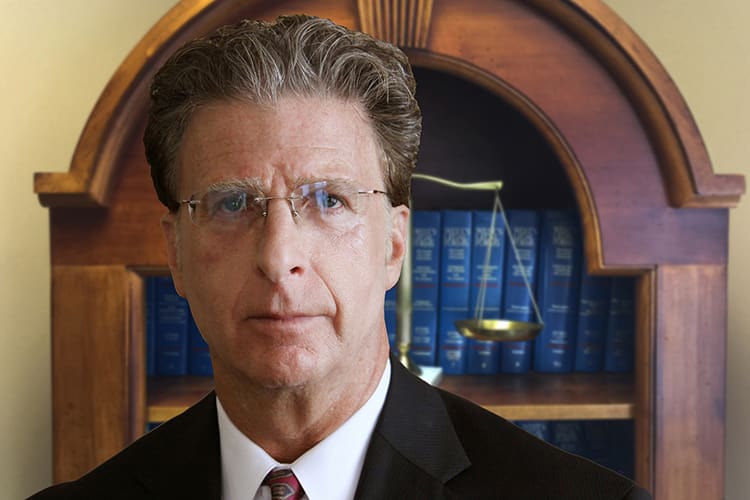 Christopher G. Aiello Esq.
Christopher G. Aiello Esq.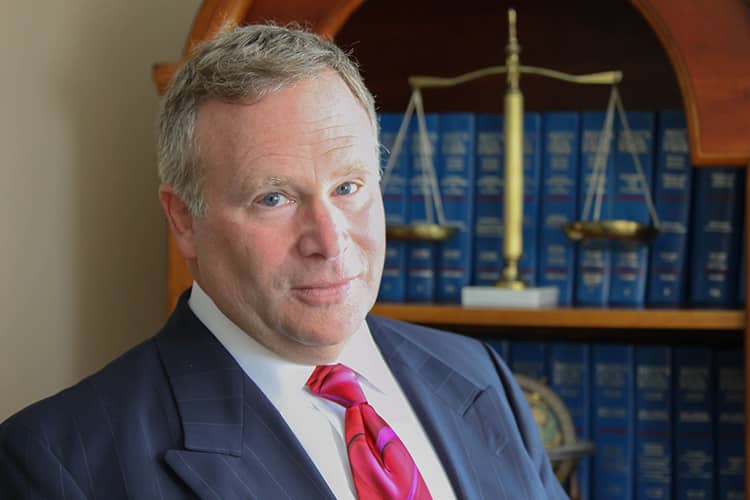 Evan Mason Harris Esq.
Evan Mason Harris Esq.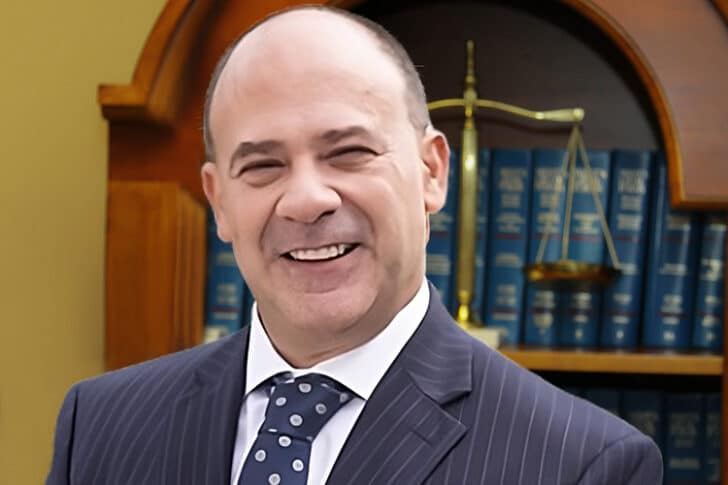 James A. Abate Esq.
James A. Abate Esq. William R. Marth Esq.
William R. Marth Esq.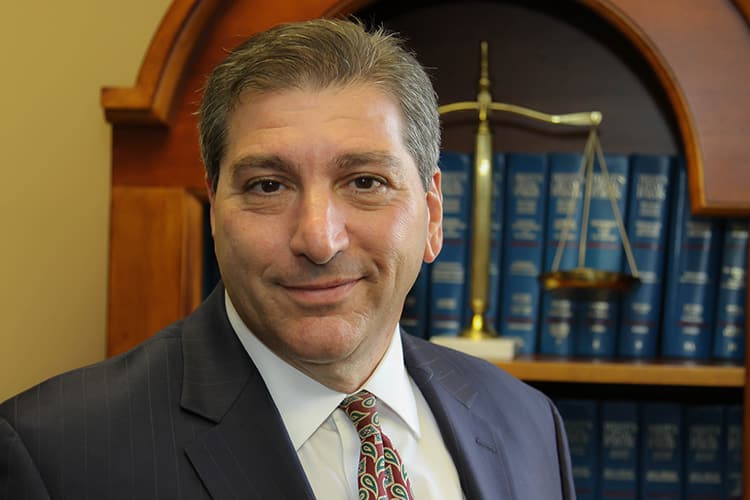 Frank Tunnero, Esq.
Frank Tunnero, Esq.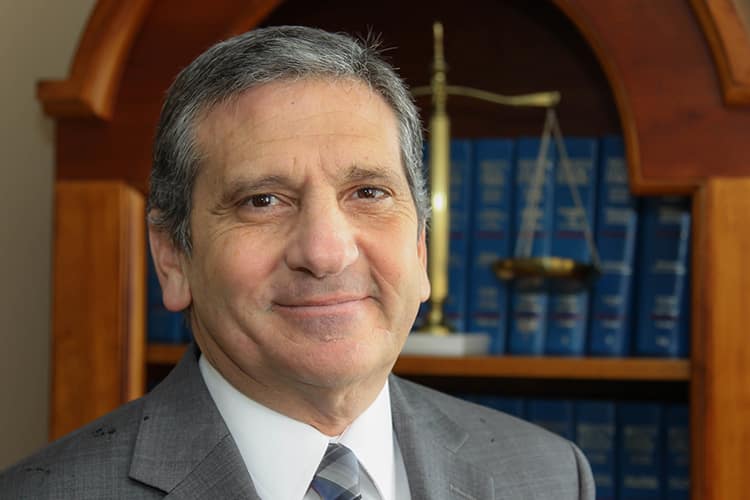 Anthony P. Alfano Esq.
Anthony P. Alfano Esq. Rebecca D. Higbee, Esq.
Rebecca D. Higbee, Esq.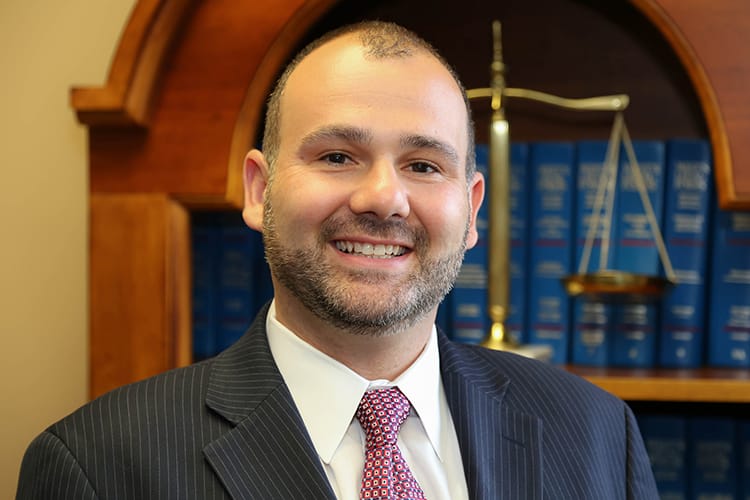 Sebastian Ben Ionno, II, Esq.
Sebastian Ben Ionno, II, Esq.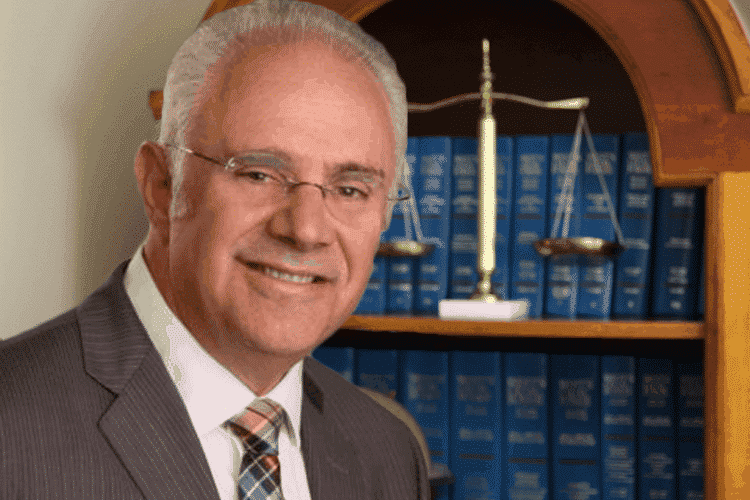 Jay J. Freireich, Esq.
Jay J. Freireich, Esq.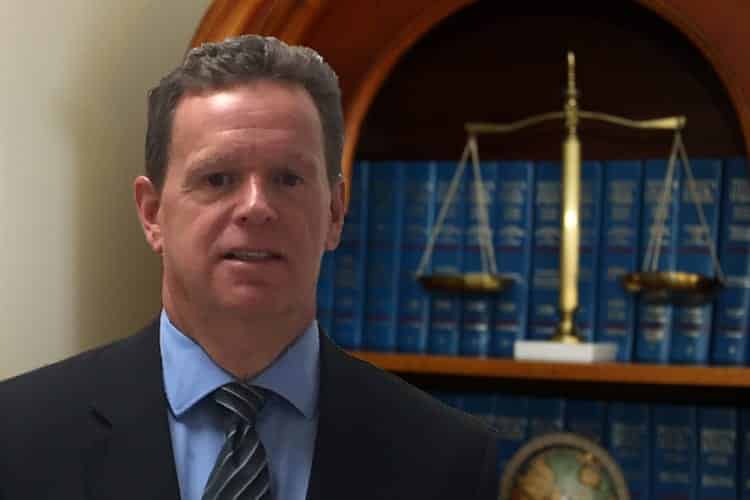 James Lankford
James Lankford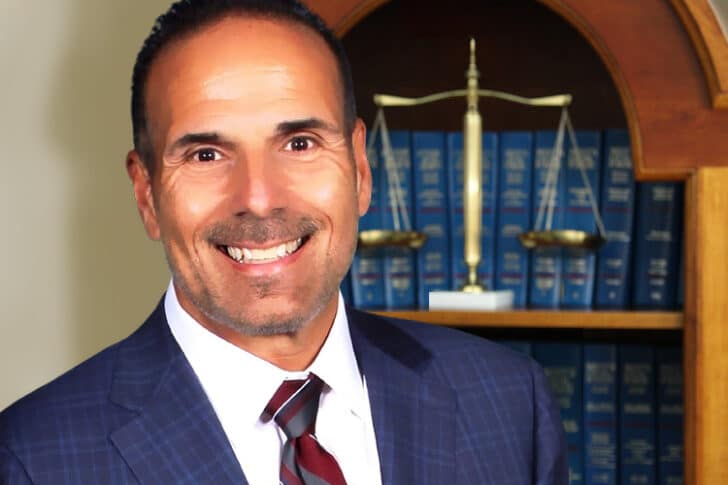 Joseph Del Russo
Joseph Del Russo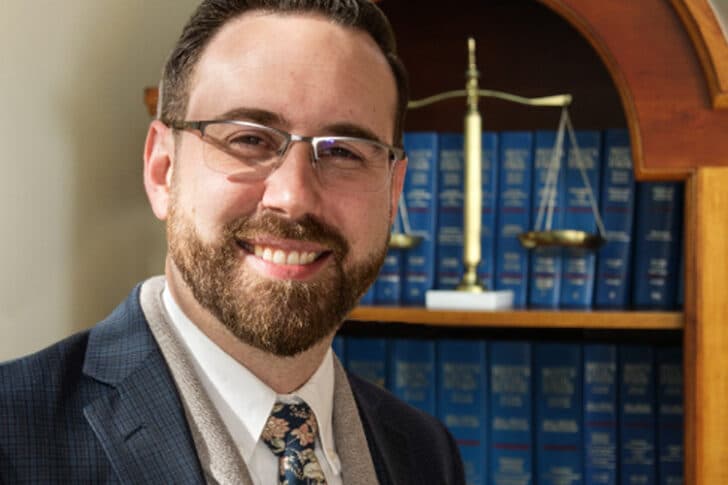 John Portanova
John Portanova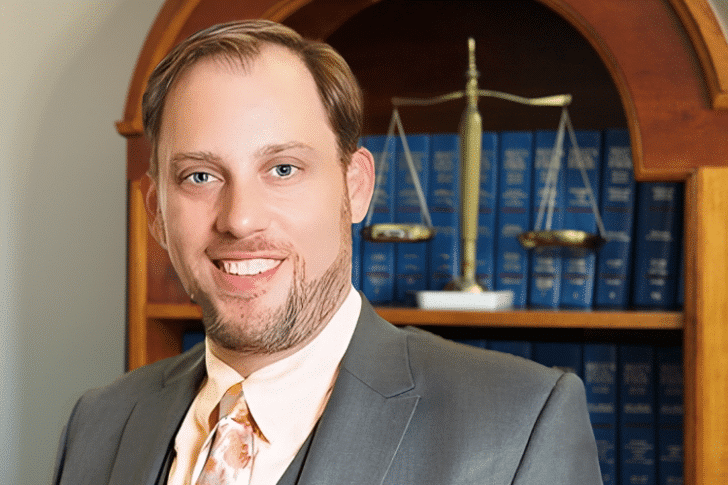 Daniel Tune
Daniel Tune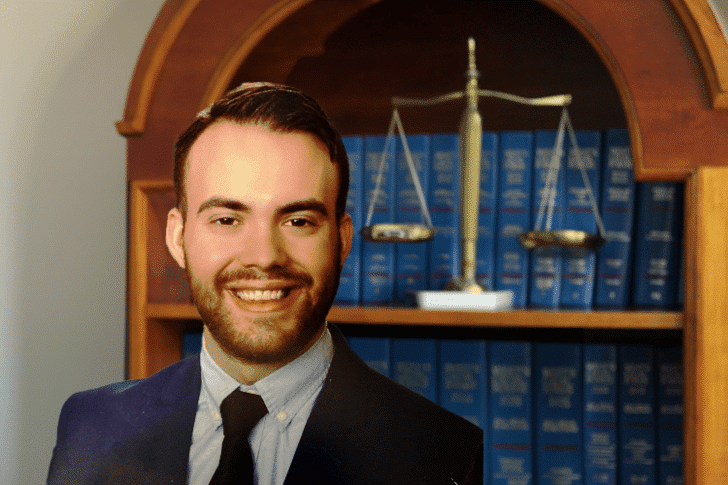 Robert Novicke
Robert Novicke Stephanie Fulton
Stephanie Fulton